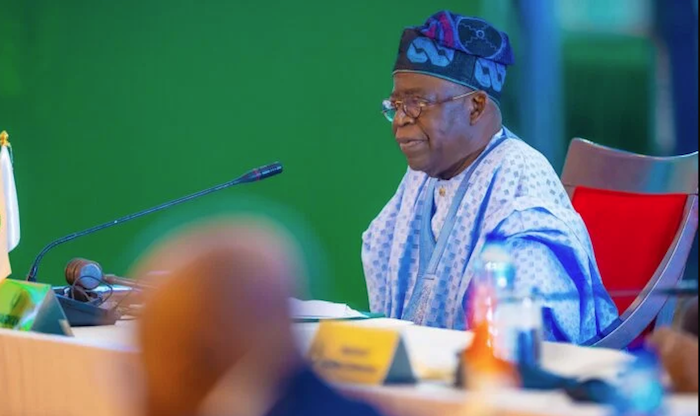
In a bid to secure a hefty $750 million loan from the World Bank, Chief Bola Tinubu may bring back previously suspended telecom taxes and other fiscal measures.
A document from the Stakeholder Engagement Plan for Nigeria – Accelerating Resource Mobilization Reforms program between Nigeria and the World Bank revealed the potential reintroduction of taxes on telecom services and electronic money transfers.
The suspension of the five per cent excise duty on telecommunications and the Import Tax Adjustment levy on certain vehicles, ordered by Chief Bola Tinubu in July 2023, could be lifted to meet the targets for the new loan, with negotiations underway between the government and the World Bank.
The program aims to bolster the government’s financial standing by improving its capacity to manage and mobilize domestic resources effectively, including enhancing tax and customs compliance and safeguarding oil revenues.
Under the ARMOR program, planned tax reforms are expected to impact various economic sectors significantly.
This initiative, part of a larger governmental effort running from 2024 to 2028, aims to reform tax and excise regimes, enhance the administrative capabilities of tax and customs, and ensure transparency in oil and gas revenue management.
The World Bank’s contribution of $750 million forms a substantial portion of the program’s budget, with the government expected to chip in $1.17 billion annually.
Stakeholders likely to be affected include manufacturers of goods such as alcoholic beverages, tobacco products, and sugar-sweetened beverages, as well as telecom and banking service providers, importers, and international traders.
Key industry groups such as the Association of Licensed Telecom Operators of Nigeria are being engaged regarding the excise duties on telecom services.
READ ALSO: New Tax: 0.5% Cybersecurity Levy Will Be Administered by the Office of the NSA, CBN Mandates
The program also emphasizes the importance of engaging vulnerable groups to ensure they are not disproportionately affected by these changes.
Furthermore, specific allocations for technical assistance include $5 million each for the Federal Inland Revenue Service and the Nigeria Customs Service to support their capacity to implement these new measures effectively.
In total, the program is funded from annual budget allocations, results-based financing, and investment financing, with a significant portion coming from the World Bank loan.









Leave a Reply